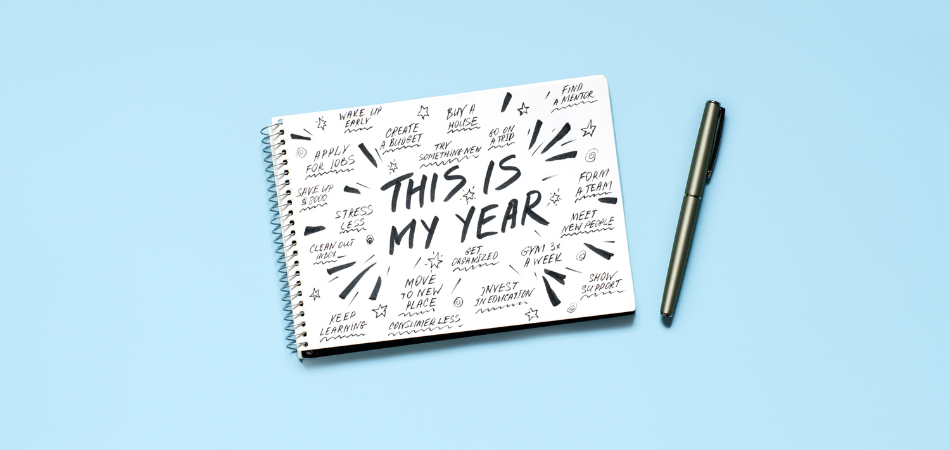The new year often comes with renewal and a chance to embrace fresh beginnings. For those on the path to recovery from addiction, New Year’s resolutions can be a powerful tool for maintaining sobriety.

SMART
The SMART approach (Specific, Measurable, Achievable, Relevant, and Time-bound) is a valuable framework for setting resolutions. Individuals can chart their progress throughout the year by defining clear and attainable goals.
Specific
Your goal should be clear and well-defined. Avoid vague or general objectives. Instead, define exactly what you want to achieve.
Specific goals eliminate ambiguity. They give you a precise understanding of what you want to achieve, which makes it easier to plan and take action.
Measurable
Goals should be quantifiable so that you can track your progress. Establish concrete criteria to measure your success and know when you’ve achieved your goal.
When you can see measurable progress, it boosts your motivation and focus. Knowing that you are moving closer to your goals can inspire you to stay committed to your recovery.
Having someone – like a sibling, a friend or a partner – to hold you accountable to these benchmarks also helps.
If you find that you are falling short of your measurable goals, you can adjust your strategies or seek additional help. This flexibility is essential in addressing setbacks and obstacles.
Achieving quantifiable goals also provides a tangible sense of accomplishment. It reinforces the progress you’ve made and can boost your self-esteem and self-confidence.

Achievable
Your goal should be realistic and attainable. It should challenge you, but it should also be possible to accomplish given your resources, time, and abilities.
Setting overly ambitious or unattainable goals can lead to frustration and disappointment. Achievable goals prevent these negative emotions and help you stay positive.
Frustration from unachievable goals can also increase the risk of relapse. Setting goals that are within reach reduces this risk and contributes to a stable recovery process.
By staying realistic – if circumstances change or unexpected challenges arise – you can adjust your goals without feeling like you’ve failed.
Achievable goals are normally based in increments, rather than leaps.

Relevant
The goal should align with your broader objectives and be relevant to your life. It should make sense in the context of your values and long-term plans.
There are lots of examples of relevant goals.
If your addiction is related to mental health issues, set a goal to seek treatment for conditions like depression or anxiety and establish a plan for ongoing mental health support.
If addiction has strained your relationships, work on goals related to repairing and strengthening these connections.
Time-bound
Set a specific timeframe for achieving your goal. This creates a sense of urgency and helps you stay focused on the task.
You could set a goal to find part-time employment within two months, aligning with your financial stability objectives.
You could also establish a clear deadline to lose or gain 20 pounds within the next six months as part of your physical health improvement.
Commitment
Commitment is the key to success. Staying dedicated to the recovery journey, even when faced with withdrawal symptoms or challenges, is crucial. Lean on support systems—friends, family, or professional help—because you’re not alone.
In the new year, it is recommended you work on building a mindset of commitment by engaging in activities that encourage it.
There are various popular activities, sports or groups you could make it part of your resolution to join in 2024.
Here are a few of them:
These activities and sports provide opportunities for individuals in addiction recovery to develop a committed mindset, stay focused on their goals, and build a sense of purpose and discipline. Engaging in these activities can be a positive and constructive way to channel their energy and determination.
As the new year unfolds, resolutions can serve as guiding lights, illuminating the path toward a healthier, addiction-free life. With commitment and SMART goals, recovery becomes an achievable and sustainable journey.





